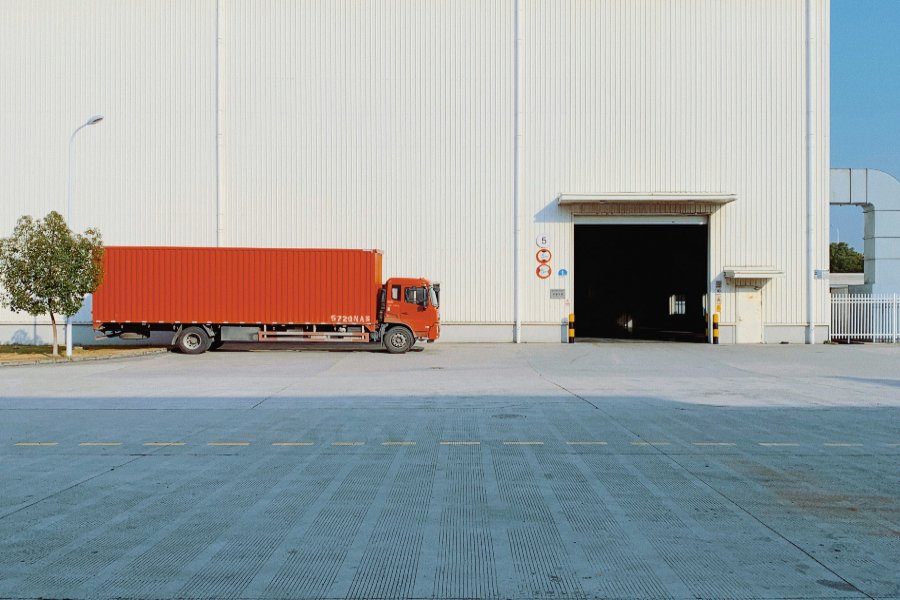Over-the-road (OTR) fleets play a crucial role in the transportation industry, delivering goods across vast distances efficiently. However, navigating efficiency challenges is essential for fleet managers to ensure smooth operations, minimize costs, and meet customer demands. Let’s explore some of the key efficiency challenges faced by OTR fleets and strategies for overcoming them.
Fuel Costs and Consumption
Fuel expenses represent a significant portion of operating costs for OTR fleets. Fluctuating fuel prices and fuel consumption inefficiencies can impact profitability. To address this challenge, fleet managers can implement fuel-efficient driving practices, such as maintaining consistent speeds, reducing idling time, using a fleet card, and optimizing routes to minimize mileage. Additionally, investing in fuel-efficient vehicles and technologies, such as aerodynamic trailers and hybrid engines, can help reduce fuel consumption and operating costs in the long run.
Driver Retention and Recruitment
The shortage of qualified drivers is still a huge challenge in the trucking industry, impacting fleet efficiency and productivity. High turnover rates and recruitment difficulties can disrupt operations and lead to increased training costs. To address this challenge, fleet managers can focus on driver retention strategies, such as offering competitive wages, providing ongoing training and support, and fostering a positive work culture. Additionally, implementing technologies like driver-facing cameras and telematics systems can help monitor driver performance and provide valuable feedback for improvement.
Regulatory Compliance
OTR fleets are subject to a complex web of regulations governing safety, emissions, and hours of service. Compliance is essential to avoid fines, penalties, and reputational damage. However, staying abreast of regulatory changes and ensuring compliance can be a daunting task for fleet managers. To navigate this challenge, fleet managers can invest in robust fleet management software that automates compliance tracking and reporting. Additionally, providing comprehensive training and support to drivers on regulatory requirements can help ensure adherence to regulations and promote safety and efficiency.
Vehicle Maintenance and Downtime
Maintaining a fleet of OTR vehicles in optimal condition is critical to minimizing downtime and maximizing productivity. However, breakdowns, repairs, and scheduled maintenance can disrupt operations and lead to costly delays. To address this challenge, fleet managers can implement preventive maintenance programs that proactively identify and address potential issues before they escalate. Utilizing predictive maintenance technologies, such as telematics sensors and diagnostic software, can help detect early warning signs of mechanical problems and schedule maintenance tasks efficiently.
Supply Chain Disruptions
OTR fleets are vulnerable to supply chain disruptions caused by factors such as severe weather, traffic congestion, and infrastructure limitations. These disruptions can lead to delays, missed deliveries, and customer dissatisfaction. To mitigate the impact of supply chain disruptions, fleet managers can leverage advanced route planning and optimization tools to identify alternative routes and modes of transportation in realtime. Additionally, establishing contingency plans and building strong partnerships with suppliers and logistics partners can help to minimize the impact of disruptions and ensure timely deliveries.
In conclusion, navigating efficiency challenges in OTR fleets requires a proactive approach, leveraging technology, strategic planning, and collaboration. By addressing fuel costs, driver retention, regulatory compliance, vehicle maintenance, and supply chain disruptions, fleet managers can optimize operations, reduce costs, and deliver exceptional service to customers. With a focus on efficiency and continuous improvement, OTR fleets can overcome challenges and thrive in today’s competitive transportation landscape.








